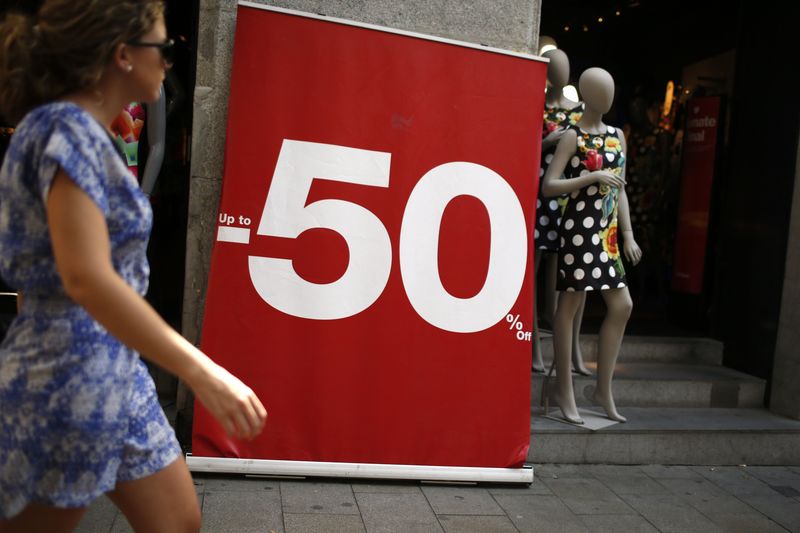SYDNEY, March 9 (Reuters) - A measure of Australian consumer sentiment slipped in March as the national mood proved every bit as volatile as the financial markets dominating the news headlines.
The survey of 1,200 people by the Melbourne Institute and Westpac Bank WBC.AX showed its index of consumer sentiment fell back 2.2 percent in March. That extended the saw-toothed pattern of recent months, with sentiment jumping 4.2 percent in February after a 3.5 percent drop the month before.
The pullback could add to the Reserve Bank of Australia's (RBA) concerns that wild swings in global markets will do lasting damage to confidence and thus consumer spending.
Despite all the noise in the survey, the overall index reading of 99.1 was just 0.4 percent lower than a year ago, showing confidence basically oscillating around the long-run trend.
Much of the weakness came in respondents who held a mortgage, which could reflect recent media speculation that house prices were unsustainable and about to tumble.
"The market volatility and unfavourable media coverage on property markets appears to have triggered a reassessment of risk preferences," said Westpac Chief Economist Bill Evans.
He noted a larger share of respondents had favoured paying down debt as the wisest place for savings, while the appetite for property and equities fell sharply.
The volatility spread through the survey's sub-indices. An index of family finances compared to a year ago sank 8.2 percent after surging in February, while the outlook for the 12 months ahead actually edged up 0.2 percent.
Expectations for the economic outlook over the next 12 months improved by 8.2 percent, perhaps reflecting last week's news that the Australian economy outpaced forecasts by growing 3 percent in 2015.
Yet the outlook for the next five years slipped 2.5 percent, and the index of whether it was a good time to buy a major household item dropped 6.6 percent.
